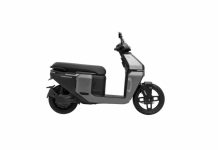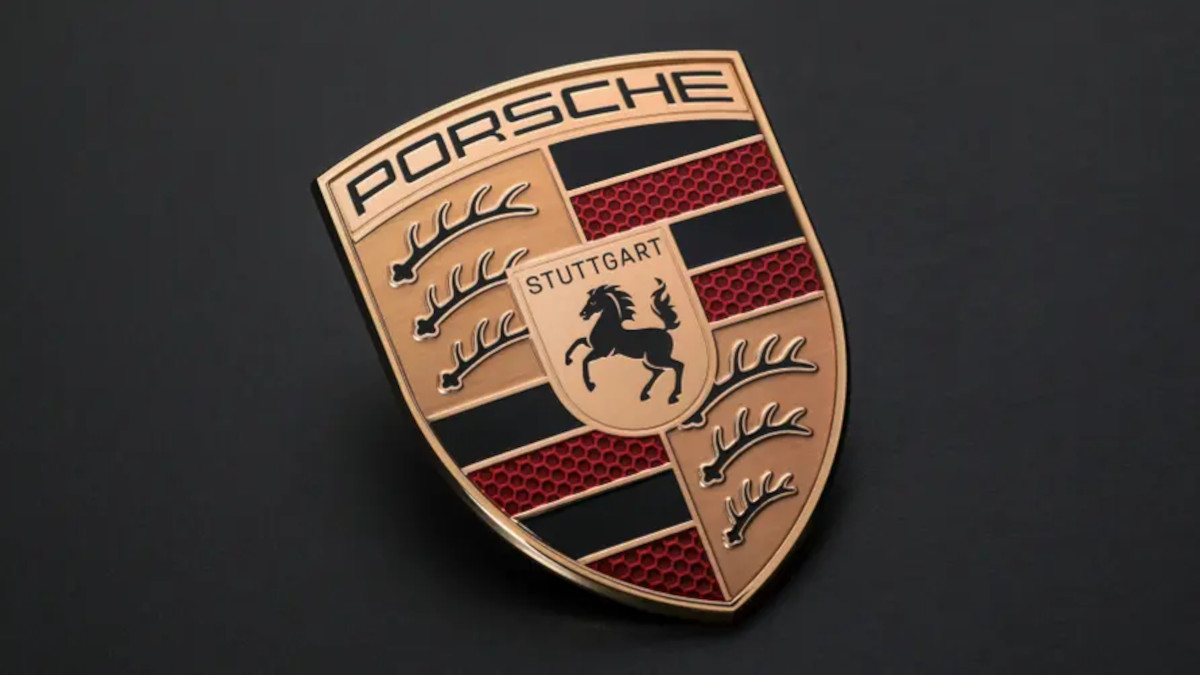The Porsche Annual General Meeting 2023 highlighted the brand’s commitment to transitioning to electric vehicles (EVs). Porsche aims to have over 80% of its sales comprised of battery-powered EVs by 2030. The CEO and Volkswagen Group chairman, Oliver Blume, discussed the company’s plans to achieve this goal.
Next Gen All Electric Macan
The next-generation, all-electric Macan will be the first EV to join the Taycan in Porsche’s lineup. Initially scheduled for release in 2023, Macan’s launch has been postponed to 2024 due to software issues.
Following this, the 718 Boxster/Cayman lineup will embrace electrification in the middle of the decade, likely around 2025. The electric-only Cayenne will follow soon after and is expected to go on sale in 2026. Like the current conventionally powered model, the electric Cayenne will be manufactured in Bratislava, Slovakia.

SUV
Porsche plans to introduce a large electric SUV above the Cayenne, primarily targeting China, the United States, and other profitable markets. This upcoming model is a “new vehicle concept” with impressive performance, a unique interior experience, and advanced automated driving functions.
It is internally known as the codename K1 and is rumoured to feature three-row seating, a design distinct from previous models, and a length exceeding five meters (196.8 inches). The K1 will likely be based on the future SSP Sports platform, a derivative of the Volkswagen Group’s future Scalable Systems Platform.
AGM
Notably, during the AGM, the Porsche 911 was not mentioned in the context of an electric version. Porsche intends to continue offering the 911 with combustion engines throughout this decade. However, a hybrid variant is expected to be introduced before 2030. Porsche is also investing in developing and producing synthetic fuels, indicating a potential future for the 911 with sustainable powertrains.
Overall, Porsche is taking significant steps toward its electrification goals, with multiple EV models planned for release in the coming years while maintaining 911’s legacy with combustion engines for the time being.
Pros of Porsche’s Transition to Electric Vehicles:
- Environmental Benefits: Electric vehicles produce zero tailpipe emissions, helping to reduce air pollution and combat climate change. Porsche’s shift to EVs aligns with the global push for cleaner transportation options.
- Improved Performance: Electric motors provide instant torque, resulting in quick acceleration and a thrilling driving experience. Porsche’s EVs, like the Taycan, have demonstrated impressive performance, showcasing the potential of electric powertrains.
- Lower Operating Costs: Electric vehicles typically have lower operating costs than internal combustion engines. They require less maintenance due to fewer moving parts and can be cheaper to refuel with electricity than gasoline or diesel.
- Enhanced Technology: Electric vehicles offer advanced technology features, including regenerative braking, innovative connectivity, and sophisticated driver-assistance systems. Porsche’s EVs will likely incorporate cutting-edge technologies to enhance the driving experience.
- Market Demand and Future Readiness: The global market for electric vehicles is growing rapidly, with increasing consumer demand and stricter emission regulations in various countries. By transitioning to EVs, Porsche can stay ahead of the curve and capture market opportunities.
Cons and Challenges:
- Infrastructure Limitations: The widespread adoption of electric vehicles requires an extensive charging infrastructure. Currently, charging stations may be limited in some areas, making long-distance travel more challenging. However, infrastructure development is underway to address this concern.
- Range Anxiety: Electric vehicles typically have a limited driving range compared to internal combustion engines. While Porsche has made advancements in battery technology with the Taycan, longer trips may still require careful planning and consideration of charging points.
- High Initial Costs: Electric vehicles often incur a higher upfront cost than gasoline. Porsche’s EVs, being luxury vehicles, may have premium pricing, which can be a barrier to entry for some consumers. However, prices are expected to decrease as battery costs decline and economies of scale are achieved.
- Battery Technology and Charging Speed: Developing high-performance and faster charging technology is crucial for widespread EV adoption. While Porsche has progressed in this area, further advancements are needed to reduce charging times and enhance overall battery efficiency.
- Customer Acceptance and Brand Identity: Porsche has a rich heritage built on the performance and sound of its combustion engine vehicles. Some enthusiasts may be hesitant about the transition to EVs, raising questions about how the brand’s identity and driving experience will evolve. However, Porsche aims to maintain its core values and offer electrified models that deliver exceptional performance.
Conclusion
Porsche’s commitment to electric vehicles represents a significant step toward a sustainable and future-oriented automotive industry. The company’s focus on EVs aligns with global efforts to reduce emissions and combat climate change. By embracing electric powertrains, Porsche aims to deliver its customers improved performance, lower operating costs, and advanced technology.
Challenges
While challenges are associated with the transition to EVs, such as infrastructure limitations and range anxiety, the industry is actively addressing these issues. Porsche’s investment in battery technology and charging infrastructure will contribute to overcoming these obstacles. Furthermore, the growing market demand for electric vehicles and stricter emission regulations provide an opportunity for Porsche to position itself as a leader in the electric luxury vehicle segment.
Maintaining the iconic Porsche 911 with combustion engines while introducing hybrid options showcases the brand’s commitment to preserving its heritage while embracing sustainable alternatives. The development of synthetic fuels further underscores Porsche’s dedication to exploring multiple avenues for reducing carbon emissions.
Ambitious
In conclusion, Porsche’s ambitious electric vehicle plans demonstrate a forward-thinking approach and a commitment to sustainability. As the automotive industry transitions to electrification, Porsche is poised to play a significant role in shaping the future of electric luxury vehicles while preserving its renowned performance and driving experience.
































